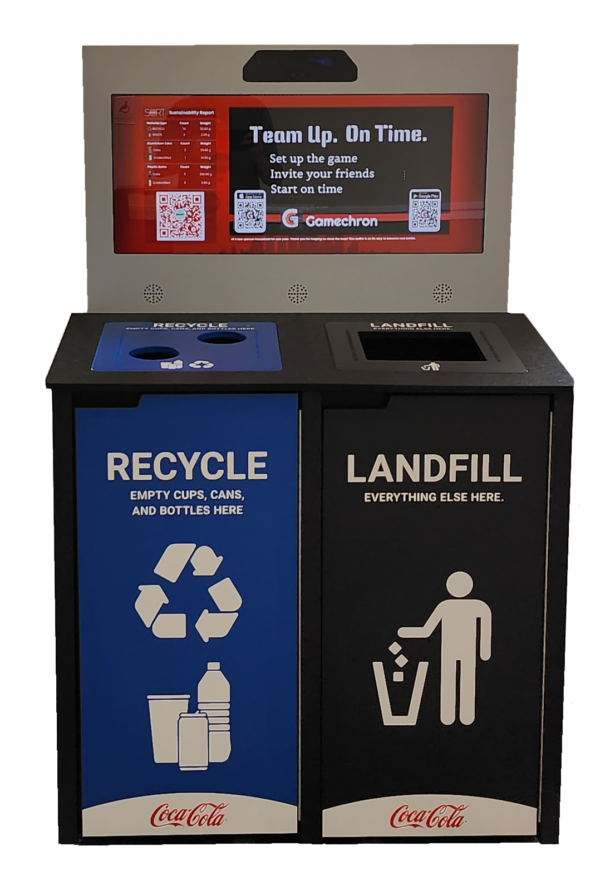In recent years, the importance of recycling and sustainable waste management has gained significant momentum. As our planet faces the challenges of climate change and resource depletion, it is crucial to explore innovative solutions that can revolutionize waste management and pave the way for a greener future. In this blog post, we will delve into the exciting developments and technologies that are shaping the future of recycling.
One of the key areas where the future of recycling is being transformed is in sorting technology. Traditional recycling facilities heavily rely on manual labor to separate different types of waste materials. However, advanced sorting systems are emerging that utilize artificial intelligence and machine learning algorithms to automate this process. These systems can accurately identify and sort various recyclable materials, resulting in increased efficiency and reduced contamination.
Chemical recycling is another promising innovation that holds immense potential for the future of recycling. Unlike traditional recycling methods, which involve breaking down materials mechanically, chemical recycling uses chemical processes to convert waste into valuable raw materials. This technology can handle complex and mixed waste streams that are difficult to recycle conventionally, opening up new possibilities for recycling materials that were previously considered non-recyclable.
The integration of smart technologies and the Internet of Things (IoT) is set to revolutionize waste collection and recycling. Smart bins equipped with sensors can monitor their fill levels in real-time, optimizing waste collection routes and reducing unnecessary trips. Additionally, IoT integration enables the implementation of smart waste management systems that can track and trace recyclable materials throughout the entire recycling process, ensuring transparency and accountability.
As the world embraces additive manufacturing or 3D printing, the future of recycling is closely intertwined with this technology. Researchers and innovators are exploring ways to use recycled materials as feedstock for 3D printers. By converting waste plastics and other materials into printable filaments or powders, we can reduce the demand for virgin resources and minimize waste generation. This integration of recycling and 3D printing has the potential to revolutionize manufacturing processes and create a more sustainable and circular economy.
While technological advancements play a crucial role in revolutionizing waste management, community engagement and education are equally important. The future of recycling relies on individuals and communities embracing sustainable practices, such as reducing waste, reusing items, and properly sorting recyclables. Educational initiatives, awareness campaigns, and incentives can empower people to make informed choices and actively contribute to the recycling revolution.
The future of recycling holds great promise as advancements in technology and innovative approaches reshape waste management practices. From advanced sorting systems and chemical recycling to smart bins and 3D printing with recycled materials, these developments have the potential to create a more sustainable and circular economy. However, it is crucial that we also prioritize community engagement and education to ensure widespread adoption of these solutions. By working together, we can revolutionize waste management and contribute to a greener and more sustainable future for generations to come.




